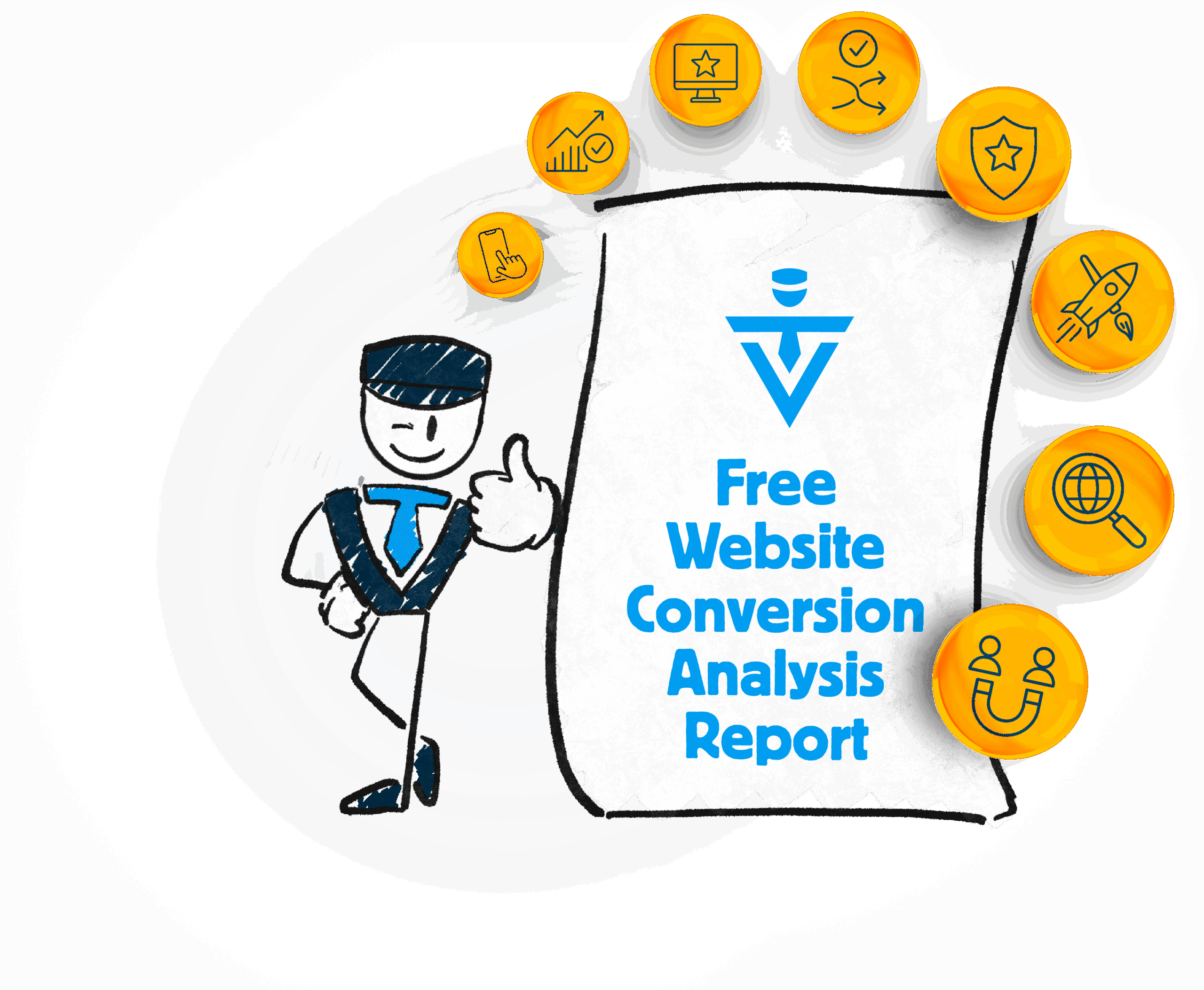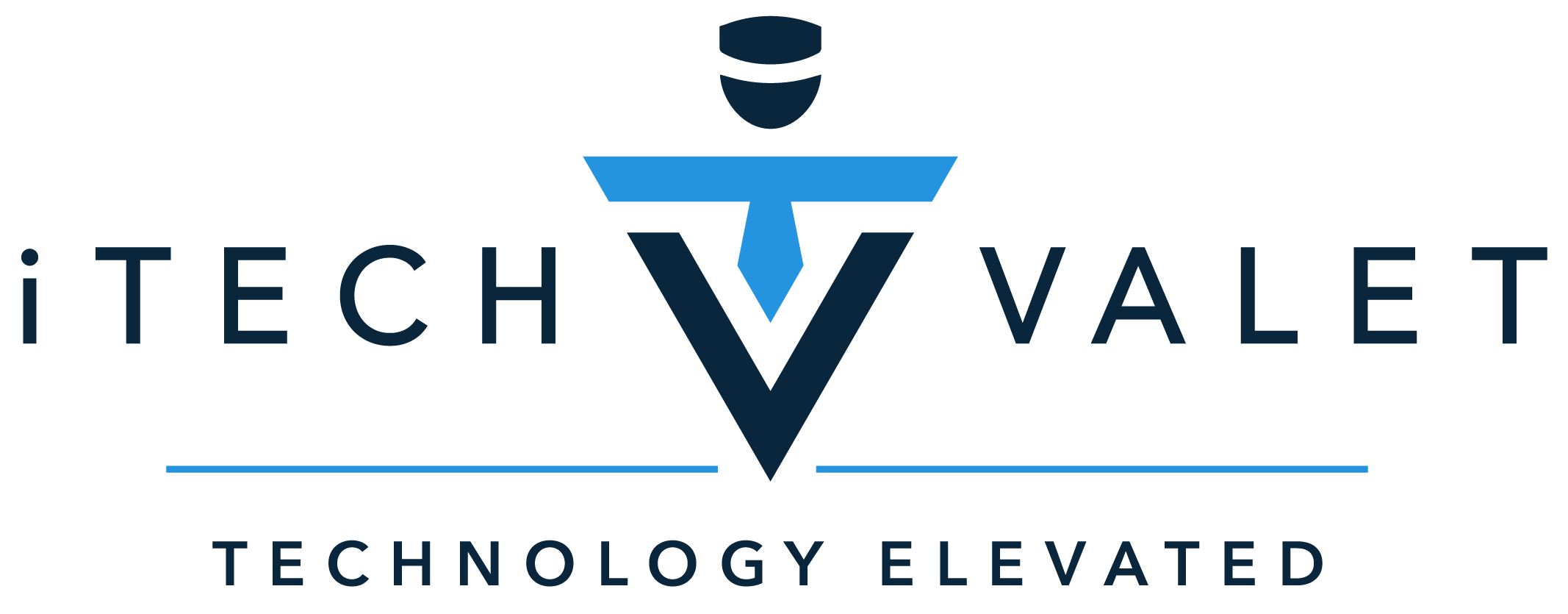

AI-Powered Keyword Research for Chiropractor Blogs
![]()
![]()
![]()
![]()
![]()
![]()
~ Last Updated: September 17, 2025 ~
~ 8 Min Read ~
Most chiropractors either avoid keyword research completely or they're using tools without really understanding what they're looking at.
You might open Google Keyword Planner, see a bunch of numbers, and think "Well, 'back pain' has high search volume, so that's what I'll target." Or maybe you've tried other tools but couldn't figure out which keywords actually make sense for your practice.
AI changes this game completely. It removes the learning curve and gives you the expertise you need to pick the right keywords and understand why they work.
As we covered in our complete guide to AI blog writing for chiropractors, keyword research is the foundation that makes everything else work. Without the right keywords, even the best AI-generated content won't attract patients.
I'm about to show you exactly how to use AI to find patient-attracting keywords faster than you ever thought possible – plus three battle-tested prompts that'll do most of the work for you.
Why AI Makes Keyword Research Actually Doable for Chiropractors


Let's be honest about what keyword research used to require...
Technical knowledge you don't have time to learn. Understanding search volume, keyword difficulty, search intent, competition analysis – it's like learning a whole new language when you're already swamped seeing patients.
Hours you don't have. Even if you understood the tools, manually analyzing keywords and figuring out which ones fit your practice took forever.
Guesswork that rarely worked. Without expertise, you'd end up targeting keywords that sounded good but didn't actually bring in patients.
Here's what AI brings to the table:
AI Removes the Learning Curve
Instead of needing to become a keyword expert, you can ask AI: "Which of these keywords should I target for my chiropractic practice?" AI analyzes the data and explains the reasoning in plain English.
AI Saves Massive Time
What used to take hours now takes minutes. AI can process hundreds of keywords, group them by relevance, and prioritize them based on your specific practice – all while you're seeing patients.
Understanding Search Intent
This is where AI really shines. It doesn't just tell you search volume – it explains what patients are actually looking for when they search. When someone types "emergency chiropractor," AI knows they need immediate help, not educational content.
The result? You get keyword strategies that actually work without needing to become an SEO expert yourself.
Your Keyword Research Options: Pick What Fits Your Budget


Here's the reality – there are multiple ways to approach this, and the "best" method depends on your budget and how deep you want to go.
Free Tools (Start Here if You're Testing the Waters)
SEO.com's Free AI Keyword Generator No login required, unlimited searches. Type in "chiropractic adjustment" and get patient-friendly variations. It's not perfect, but it's a solid starting point.
Optimo Keyword Research Tool Built for semantic keyword discovery. Feed it one seed keyword and get dozens of related terms that real people search for.
Google's "People Also Ask" Section Use this as an AI-powered keyword goldmine. These are real questions from real patients – perfect for blog content that converts.
Paid Keyword Tools (When You're Ready to Get Serious)
SEMrush The gold standard. Their AI features provide personalized keyword difficulty scoring based on your domain. Shows you which keywords you can actually rank for, not just dream about.
Ahrefs Excellent for keyword difficulty analysis and competitor research. The data quality is top-notch, and their interface is more intuitive than most.
Surfer SEO Particularly strong for content optimization. Uses AI to analyze top-ranking pages and suggest keywords you're missing.
The Smart Workflow Most Professionals Use
Here's what actually works in practice:
- Use keyword tools (free or paid) to gather data – search volume, difficulty scores, related terms
- Take that keyword list to ChatGPT, Claude, or your AI tool of choice
- Let AI analyze the data through your business lens – which keywords match your services, location, and patient demographics
- Have AI organize keywords into content clusters and prioritize them based on what you can realistically rank for
This approach combines the data accuracy of dedicated tools with AI's ability to understand your specific business context.
You don't need every tool – pick what fits your budget and use AI to make sense of the results.
The Chiropractic Keyword Strategy That Actually Works


Most successful chiropractic SEO strategies follow a simple hierarchy. Start with what you can win, then expand from there.
Local Keywords: Your Lowest-Hanging Fruit
This is where you start. Especially if you're new to content marketing or have a newer website.
The competition for local chiropractic keywords is usually manageable. You're not competing with WebMD – you're competing with other local practices, many of whom aren't doing SEO at all.
City + Service Combinations That Work:
- "chiropractor [your city]"
- "chiropractic care [your neighborhood]"
- "[your city] sports injury treatment"
- "auto accident chiropractor [area]"
Neighborhood-Level Targeting: Even better than city-wide targeting. If you're in a major metropolitan area, target specific neighborhoods or suburbs where your patients actually live.
- "chiropractor [specific neighborhood]"
- "[suburb name] back pain treatment"
- "family chiropractor near [local landmark]"
The Local SEO Advantage:
You can often rank for local terms within 2-3 months because the competition is weaker. Once you own your local keywords, you can expand to broader topics.
Plus, local searchers convert at much higher rates. Someone searching "chiropractor downtown Portland" is ready to book an appointment, not just browsing.
How to Scale Local Keywords:
Start with your immediate area, then expand outward:
- Your exact city/neighborhood
- Adjacent neighborhoods
- Broader metropolitan area
- Regional terms (if you're in a smaller market)
Condition-Specific Keywords
Once you're ranking locally, expand to condition-specific terms your patients actually search for:
Problem-Aware Stage:
- "why does my lower back hurt when I wake up"
- "constant neck pain from computer work"
- "headaches every morning causes"
Solution-Aware Stage:
- "chiropractic treatment for migraines"
- "physical therapy vs chiropractic care"
- "how do spinal adjustments work"
Decision-Ready Stage:
- "best chiropractor for herniated disc [city]"
- "emergency chiropractic care [area]"
- "chiropractor accepting new patients"
Long-Tail Keywords: The Conversion Champions
These 4-5 word phrases convert better than shorter terms because they match exactly what patients think and feel.
Instead of "back pain," patients search "sharp lower back pain when bending over." Instead of "neck pain," they search "stiff neck can't turn head left."
AI excels at finding these because it understands natural language patterns. Use it to discover the specific phrases your patients actually type into Google.
3 Universal AI Prompts for Chiropractic Keyword Research


Instead of starting from scratch every time, use these proven prompts that work across any AI platform:
Prompt 1: Patient Language Translation
"I'm a chiropractor specializing in [your specialties]. I have a list of clinical terms: [list your services/conditions]. Help me translate these into 20 keyword phrases that real patients would search for when they have these problems. Focus on how patients describe their pain, symptoms, and what they want relief from. Include emotional language and my location [your city/area]."
Why this works: Translates your medical expertise into search-friendly patient language that people actually type into Google.
Prompt 2: Keyword Prioritization and Analysis
"I have this list of potential keywords for my chiropractic practice: [paste your keyword list with search volume/difficulty data]. I'm located in [your area] and specialize in [your services]. Analyze this list and: 1) Rank them by priority for my practice, 2) Explain which ones I should target first and why, 3) Group related keywords into content clusters, 4) Identify any important keywords I'm missing for my market."
Why this works: Takes your raw data and organizes it into an actionable strategy specific to your practice.
Prompt 3: Content Cluster Creation
"Based on this keyword list [paste keywords], create content clusters for my chiropractic blog. For each cluster: 1) Choose one primary keyword for the main article, 2) List 4-5 supporting keywords for related posts, 3) Suggest how these articles should link to each other, 4) Recommend which cluster to start with based on ranking difficulty and patient value."
Why this works: Creates a complete content strategy with internal linking roadmap instead of random individual blog posts - exactly what we discuss in our AI blog writing guide for chiropractors.
The Master Prompt Strategy
Create one comprehensive prompt that includes all your practice details, then reuse it for consistency:
Your master prompt should include:
- Your location and service area
- Your specialties and unique treatments
- Your ideal patient demographics
- Your current content goals
- Your website's current authority level
Save this as a template and use it to get consistent, relevant results every time you do keyword research.


Even with AI helping, there are still ways to waste time and effort:
Chasing High-Volume Keywords You Can't Rank For
Just because "back pain" has massive search volume doesn't mean your new chiropractic website can compete with Mayo Clinic. Start with keywords you can actually win.
Ignoring Local Competition
A keyword might be "high difficulty" nationally but easy to rank for in your specific city. Always think locally first.
Targeting Keywords That Don't Match Your Services
"Chiropractor salary" might have good search volume, but those searchers aren't looking for treatment. Make sure your keywords align with what you actually offer.
Not Updating Your Strategy
Search patterns change, especially in healthcare. What worked last year might not work now. Schedule quarterly reviews to stay current.
Overthinking the Technical Stuff
You don't need to become an SEO expert. Use AI to handle the analysis and focus on creating helpful content for your patients.
Ready to Stop Guessing and Start Ranking?
Look, here's the reality...
You're already overwhelmed. Between patient care, practice management, and everything else on your plate, becoming a keyword research expert isn't realistic.
But you have options:
Option 1: Start Small and Learn Use the free tools and AI prompts I've shared. Spend an hour this week testing the approach. See what keywords you discover and whether this feels manageable.
Option 2: Invest in Better Tools If you're serious about content marketing, premium tools like SEMrush or Ahrefs will save you time and give you better data. The investment pays for itself pretty quickly.
Option 3: Let Someone Else Handle It If you're thinking "This sounds great, Gerek, but I barely have time to see patients, let alone master keyword research," I totally get it.
That's exactly why we created our done-for-you content service. We handle the keyword research, content creation, and technical optimization while you focus on what you do best – helping patients get better.
The bottom line: Your ideal patients are searching for exactly what you offer. The question is whether they'll find you or your competition.
For more strategies on using AI to grow your practice, check out our complete guide to AI blog writing for chiropractors.
And if you want someone to handle all the technical stuff while you focus on patient care, let's talk about how our done-for-you content services can turn keyword research into a patient-generating system that runs on autopilot.
To your dreams...


Gerek Allen
Co-Owner iTech Valet
Entrepreneur, patriot, CrossFit junkie, IPA enthusiast, loves to travel to tropical destinations, and knows way too many movie quotes.
About iTech Valet
iTech Valet specializes in web design and content marketing for online entrepreneurs who want to share their expertise.
Services Include:
- Web Design
- Graphic Design
- Sales Copy
- Funnel Building
- Authority Sites
- Membership Sites
- Course Creation
- Email Systems
- Content Marketing
- Competitive Analysis
- Tech Integrations
- Strategic Planning







Common Mistakes That Waste Your Time